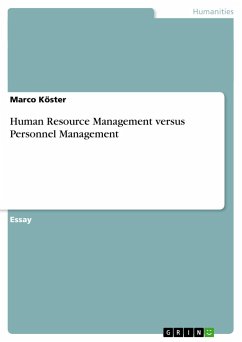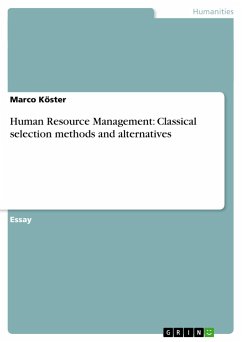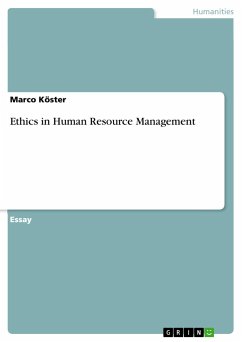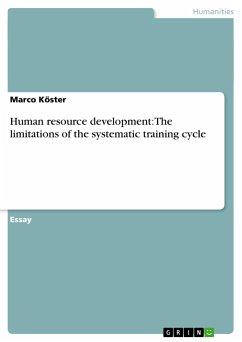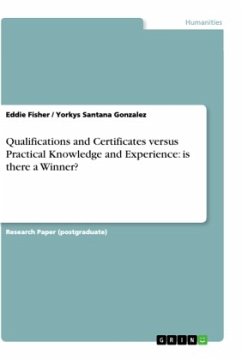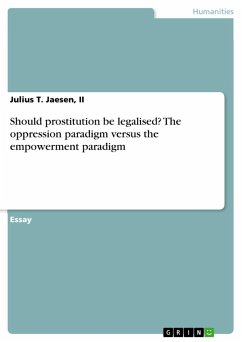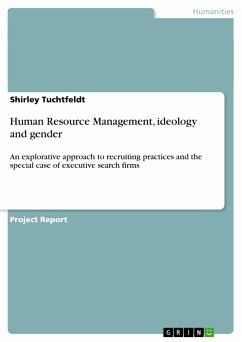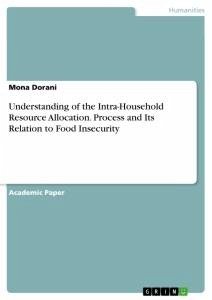Essay from the year 2002 in the subject Sociology - Work, Profession, Education, Organisation, grade: Grade A, University of Manchester (Institute for Development Policy and Management), language: English, abstract: When the flexible concept of HRM emerged in the 1980s, in the times of Thatcherism and Reaganomics, it "could not help but look more desirable than personnel management" (Hope-Hailey). The attractiveness of the theory of managing personnel led to a proliferation of HRM language. Nonetheless, it remains to be seen if there is more to HRM than only a new and shining rhetoric.A number of authors stress the difficulties of identifying clear differences between personnel management and HRM, and maintain that the most obvious change is a "re-labelling process". Torrington agrees that "a change of label" is obvious, though one cannot be sure that the content differentiates to any extent. However, the new terminology may at least rid personnel management from its unfavourable welfare image and other negative connotations and thus, save the ailing function of managing personnel from marginalisation. Accordingly, some HR academics maintain that new labels on old bottles may have their uses, even if it is only for marketing purposes. Furthermore, a valuable contribution of HRM is to direct the attention to regarding people as the key resource of organisations and lending the management of personnel increased importance. In this essay, the similarities and differences between personnel and HR management are analysed with regard to their theoretical approaches as well as their practical implementation. Before sketching the similarities and differences in some detail, two different models of HRM, the 'soft' and the 'hard' approach, will be introduced. Finally, the question will be examined if HRM models are manipulative and exploitative, and a conclusion will summarise the results briefly.

